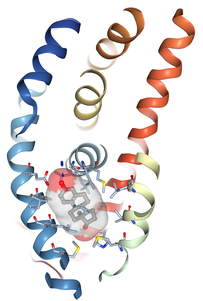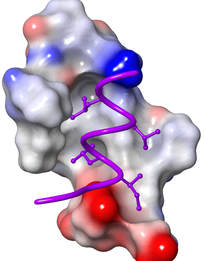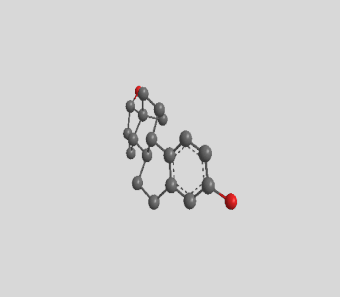The overarching goal of Sharma lab is to design and develop novel-molecular reactivity and molecular function to ultimately accelerate the discovery of new therapeutics.

The emergence of resistance to chemotherapeutic drugs is a prominent challenge in the treatment of cancer as well as bacterial infections. Thus, it is vital to not only develop drugs with novel mechanisms of action but also to expand the chemical space of biologically important molecules and functionalized proteins. Our research is focused on addressing these biomedical challenges using a synergistic interplay of medicinal chemistry, synthetic organic chemistry, chemical biology and computational drug design. Some of our ongoing research projects are highlighted below.

We design, synthesize and evaluate mechanistically novel antiestrogens that can potently block the proliferative action of estrogen receptors in endocrine-therapy resistant breast cancer.
We are also interested in the design and development of small organic molecules that can inhibit protein-protein interactions or probe the physiological/pathological functions of biological receptors and enzymes.
We are also interested in the design and development of small organic molecules that can inhibit protein-protein interactions or probe the physiological/pathological functions of biological receptors and enzymes.

Our another major focus area is the development of novel organoboron building blocks and synthetic methods that significantly expand the chemical space of bioactive molecules and protein conjugates. In a complementary approach, we seek to design new types of organoboron-based molecular probes to illuminate and modulate the biological function of disease-relevant proteins.